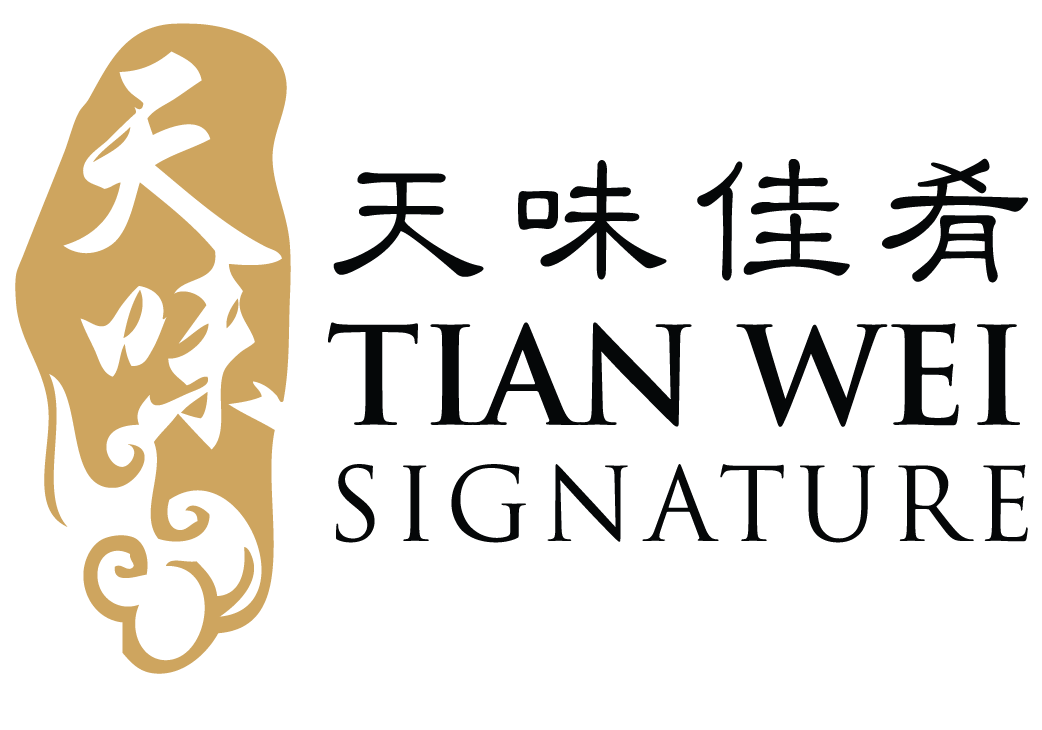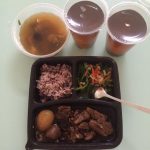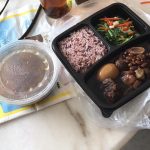81 Tagore Lane, TAG A, #01-11 Singapore 787502 ♦ Reservation : +65 6727 5599
Dietitian Shares: Are Herbal Teas Safe During Pregnancy?

Herbal teas go in and out of trend in the media. It has normally been targeted to the normal healthy public and marketed as a quick and easy remedy to common ailments mainly nausea, and constipation. All the effort in the bid to find a natural remedy to have a smoother pregnancy journey, in hopes of avoiding any other harmful side effects.
As we know now today, just because something is all natural and herbal, it does not necessarily mean that it is safer to consume. Any form of food, herbs or medicine used to treat any discomfort or illness during pregnancy should be taken based on scientific evidence and sharp clinical judgment from a doctor or a healthcare professional who are trained to weigh in the pros and cons of every circumstance and provide personalized advice. Thus, in anything you do, it is always wise and reasonable to seek advice from your doctor before initiating any form of supplement, medication or herbs in hopes to treat something.
For the sake of discussion and to shed some light about the common herbal teas sold in the market. Let’s look at some herbal teas and if it’s safe to have any of it.
Considerably safe
These are teas that can be helpful to manage some symptoms of pregnancy. However, the safety is still debatable, thus drink with caution and if you do drink, only one cup a day or two cups every two days or so.
Peppermint Tea
Peppermint tea has been commonly used by some mothers to help alleviate nausea during the first trimester. Any harmful effect of peppermint tea on mother or fetus have not been shown. According to safety classification of herbal medicines used during pregnancy, peppermint (15.9%) is one of the most frequently used herbal medicines classified as safe
Ginger Tea
Ginger is rich in Vitamin B6 and it is veryuseful in helping to reduce nausea especially during your first trimester when you may experience morning sickness. As effective as it is, the risk of vaginal bleeding is associated with pregnant women due to its inhibition on thromboxane synthase activity that is involved in blood clotting. Thus, it is recommended to be used only in limited amounts, not more than 4g per day due to its uterine stimulating effects. Recommended dose is only 1000mg per day or less when necessary and not daily throughout the whole pregnancy.
Green Tea
Green tea is rich in antioxidants and reduces inflammation. It is a very enjoyable cup of tea that us Asians love to have every now and then. We are so obsessed with it, you could find green tea ice creams, green tea flavoured chocolates and desserts and so many more! However, do note that green tea or matcha contains caffeine. So do take note of your caffeine intakes as excessive caffeine intakes are associated with adverse effects in pregnancy.
Be Cautious
Raspberry tea
This tea is commonly marketed and believed to be helpful in inducing and quickening labor. However, there is still insufficient evidence on safety and efficacy to be used during pregnancy. Raspberry tea is said to have some hypoglycemia effects too. Thus, those who may have gestational diabetes should avoid it. Overall, if the mother chooses to do so, it’s best to speak with your doctor before taking them and avoid taking these teas before full term due to the possible effects on the uterus.
Chamomile Tea
Chamomile tea is very accessible and some drink chamomile regularly by some who believe that it may provide some relief with stomach ache, joint pain and improve some sleep due to its anti-anxiety effect. However, there are reports that with regular use during pregnancy, it is associated with higher incidence of preterm labor and low birth weight infants. Thus, it is considered unsafe for consumption during pregnancy.
Conclusion

The safety of many of these teas are debatable and natural does not necessarily mean safe. It is important to talk to your doctor or dietitian before consumption. It almost never harms to be more careful during pregnancy. Stay safe mummies and enjoy your pregnancy journey!
On the side note, If you are considering practicing a traditional confinement diet during your postpartum, Longan and red date tea benefits is a holy grail In Traditional Chinese Medicine. As of today, it is generally considered safe to drink during postpartum. You just have to watch your sugar intake. Thus, best to have it without any added sugar. You may have heard so many stories about the benefits of red dates tea for recovery in mothers. Nutritionally, red dates are known to be a good source of Vitamin C, fiber and potassium. Its calming effect and ability to improve Qi and blood is popularly believed under Traditional Chinese Medicine. Red date longan tea benefits are also popular because they are also a source of potassium which helps to replace electrolytes and fluids floss from childbirth.







